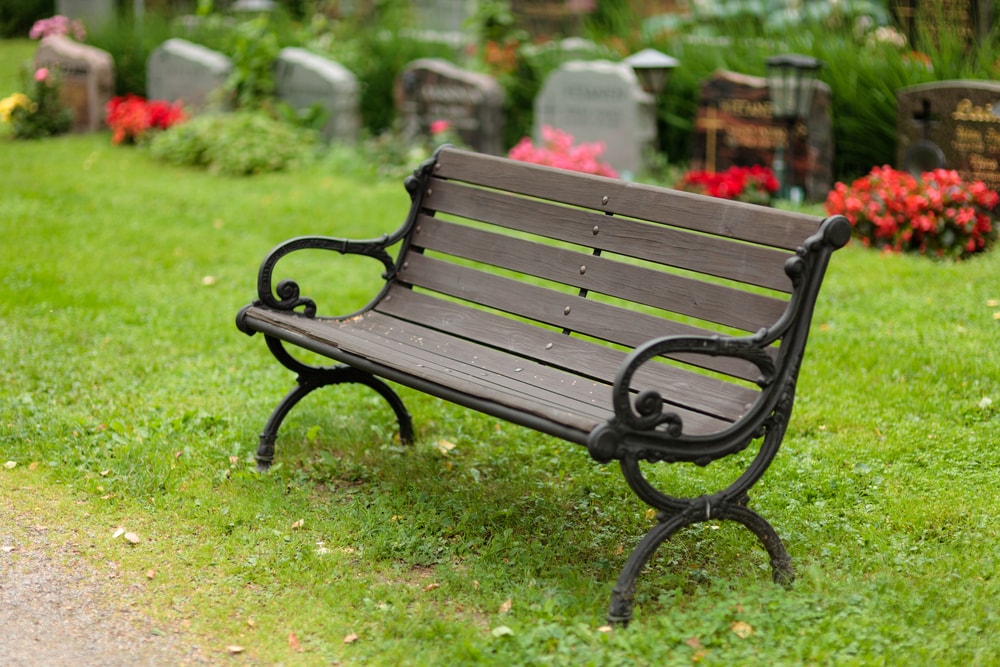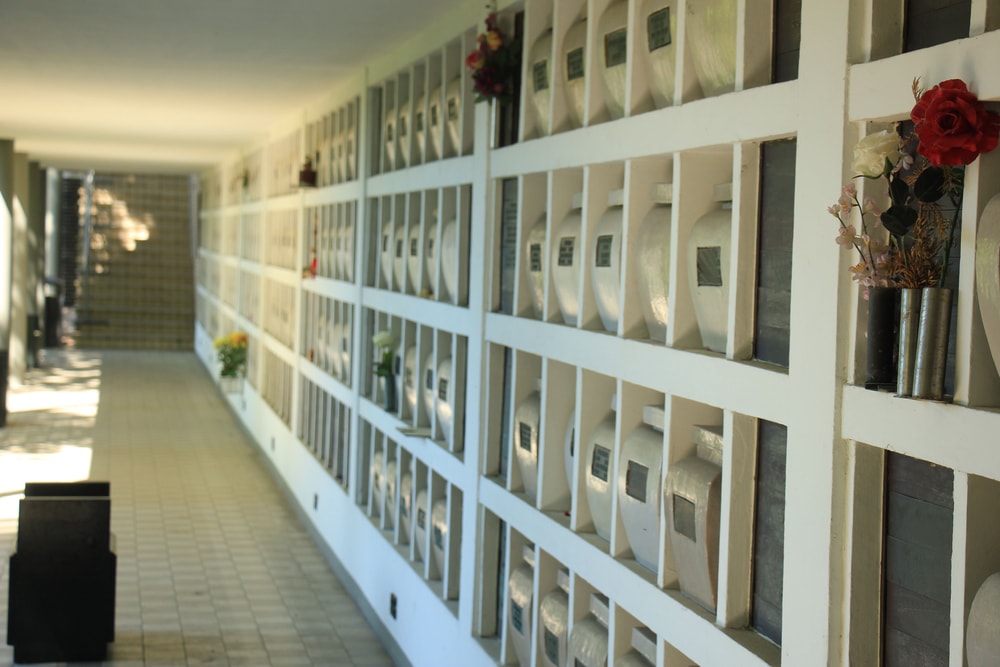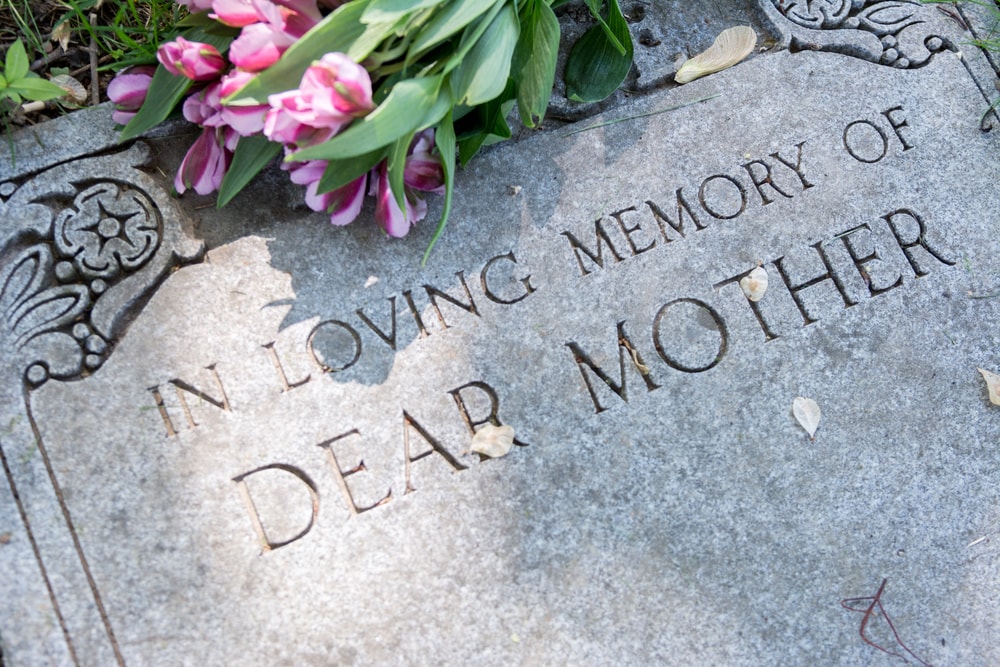When we lose someone we love, our feeling of connection to them continues, even though they are no longer with us physically. It is this connection that contributes to our feelings of loss, that makes it so difficult to process death and move toward healing and reconciliation. And today, as cremation continues to rise as a preferred method of final disposition, one very important element of the healing process is being forgotten: the need for a permanent memorial.

In some areas of the United States, there has been a significant increase in the number of families that keep the cremated remains of a loved one in their homes. While this is not bad in and of itself, it may create unforeseen difficulties down the road. Unfortunately, it is not unheard of for cremated remains to be misplaced, accidentally knocked over and spilled, or even found in the trash or unknowingly donated to thrift stores.
That said, here are 5 reasons why you should consider establishing a permanent memorial for yourself or a loved one:
1. It provides a place for people to mourn.
By establishing a permanent memorial, you provide a place to mourn. If a loved one dies, and one person keeps the cremated remains, it may be difficult for other family members to find a place to go to remember and honor their lost loved one. After all, everything that remains of the person may be inaccessible without inconveniencing the one who possesses the ashes. A permanent memorial allows any person access to the one who has died. Because everyone grieves in different ways and at different rates, a specific place is beneficial for individual grief journeys.
2. It gives all mourners (not just family) access to pay their respects and connect with the one who has died.

Additionally, a permanent memorial provides an established location for non-family members to mourn. For example, if the best friend of the person who has died wants to connect with them, to talk with them, they may have no place to go where they feel as strong a connection as a permanent memorial would provide. In this same vein, it’s not uncommon to see permanent memorials for those who have died due to acts of violence or vehicular accidents. We do this because we have a need to remember, to remind, and to honor the life lived.
3. It provides a permanent place that will exist for generations to come.
Cemeteries, mausoleums, or cremation gardens will exist for many years to come. The oldest maintained cemetery in the United States is in Massachusetts, where several voyagers from the Mayflower are buried. People show great interest in their origins, and because of this curiosity, cemeteries will receive visitors consistently. They provide a permanent place for families to reconnect with their ancestors, even those who died long before they themselves were born.
4. It is practical for the family.
Dr. Alan Wolfelt, a nationally-known author, speaker, and grief expert, tells us that establishing a permanent memorial is a practical choice for the family. “Families can rest easy knowing that the cremated remains [of their loved one] are being taken care of in perpetuity. …Having to pass along urns to the next generation or amassing more and more urns on a shelf…is not a viable long-term solution.”
5. It ensures respect for the dead.

Keeping the cremated remains of a loved one at home can be an important part of the healing process. It all depends on what the mourner needs. But, out of respect for the one who has died, to ensure that nothing unfortunate happens to them when you are gone, it’s best to consider how you can permanently memorialize them. Dr. Wolfelt puts it this way, “It’s about respect for the dying and the dead. Permanent memorialization is one of the most important ways in which we as a culture can ensure that respect [is carried out] ….”
It’s perfectly fine to wait to set up a permanent memorial. For some, it’s necessary to have a loved one nearby during the healing process. But, in three, five, or even ten years, consider the benefits of setting up a permanent memorial. It will ensure that your loved one is cared for long after you are gone.




